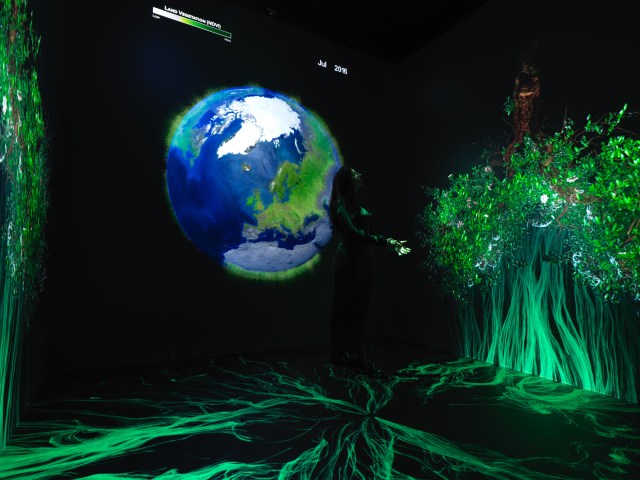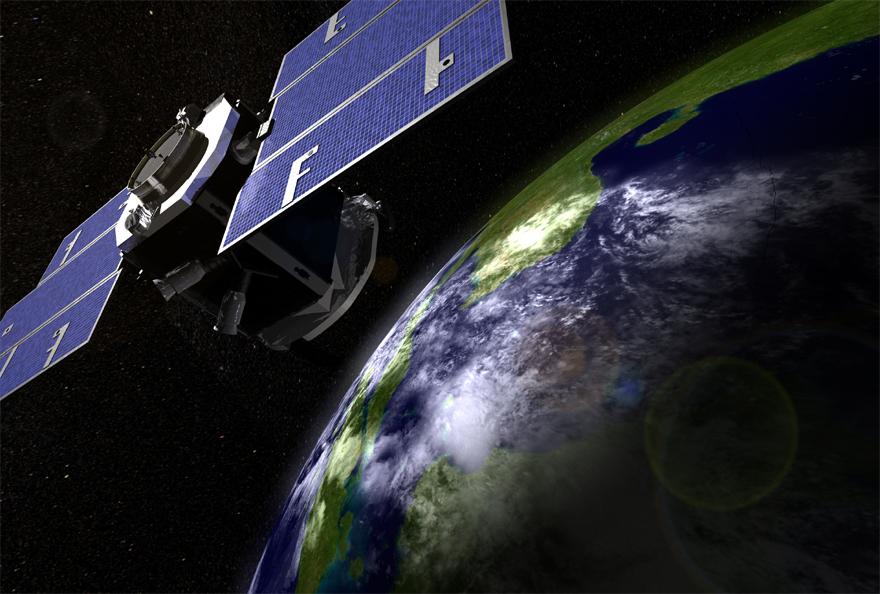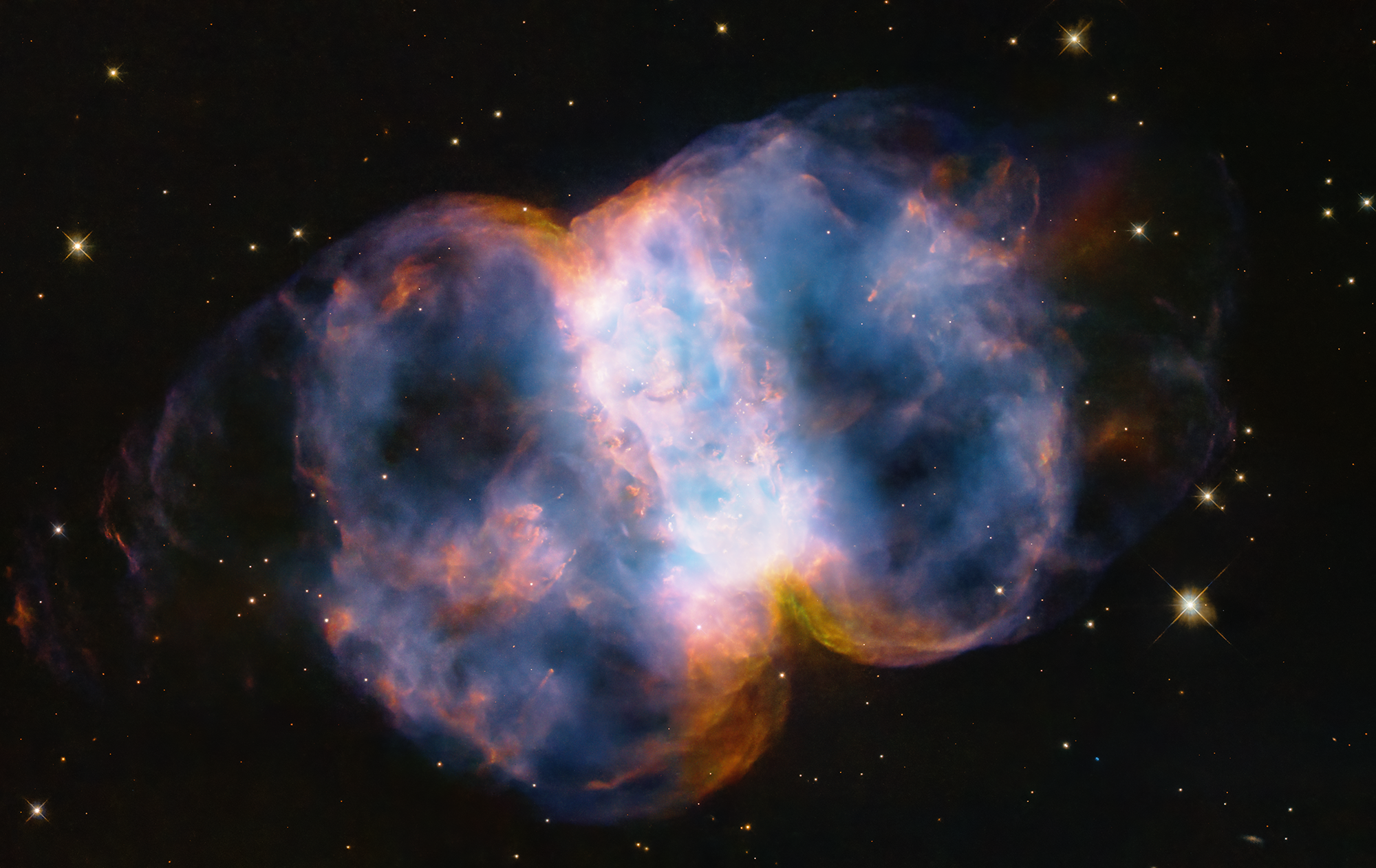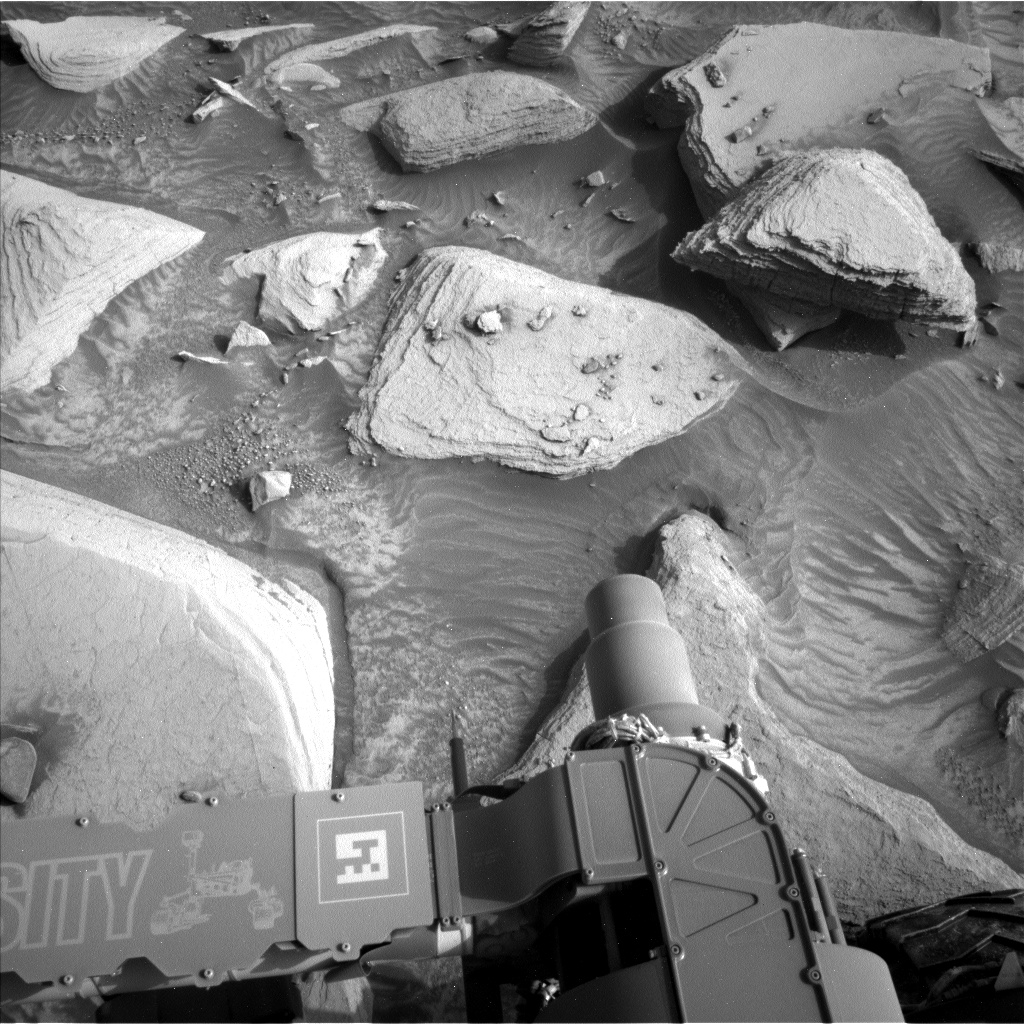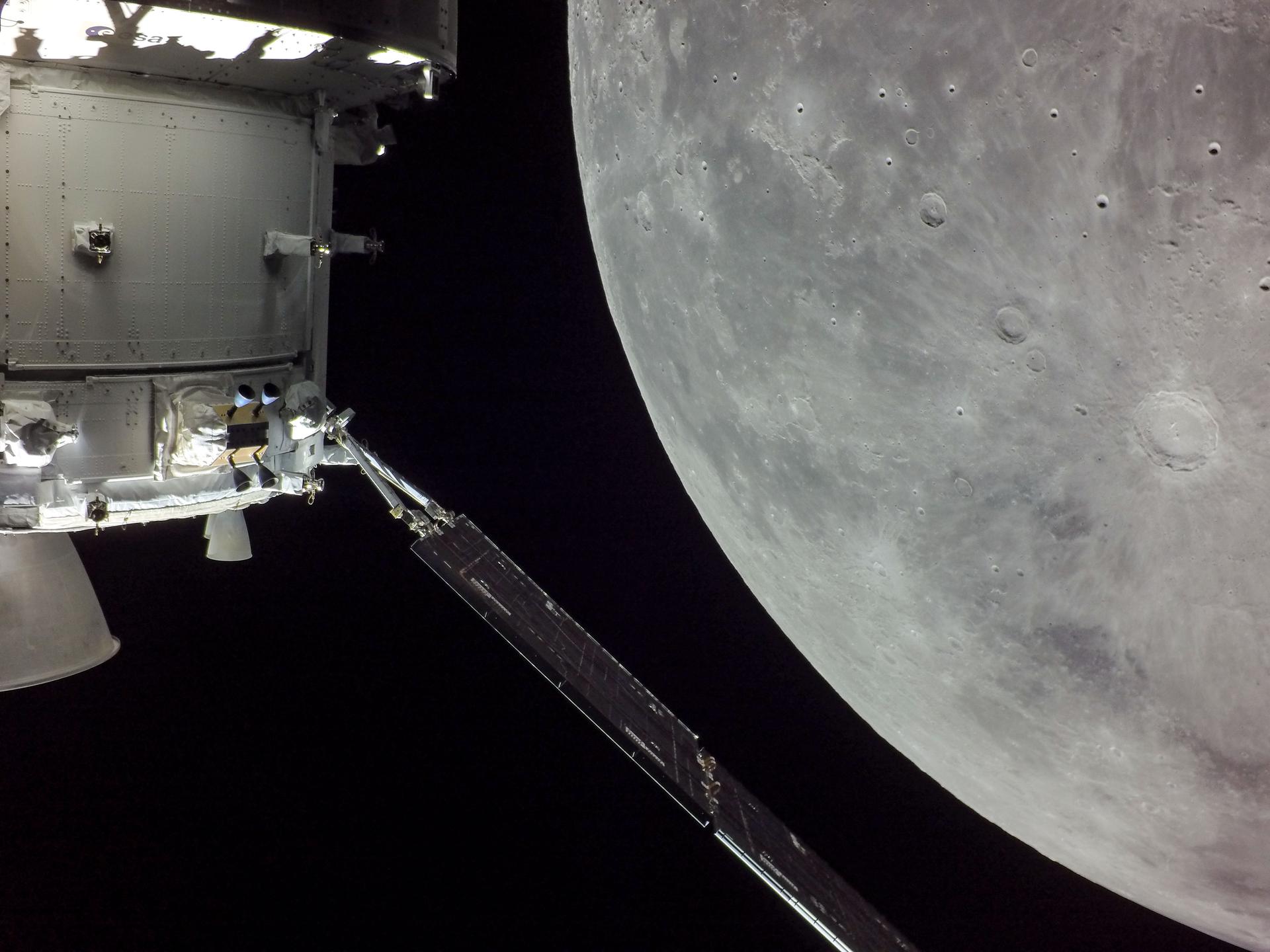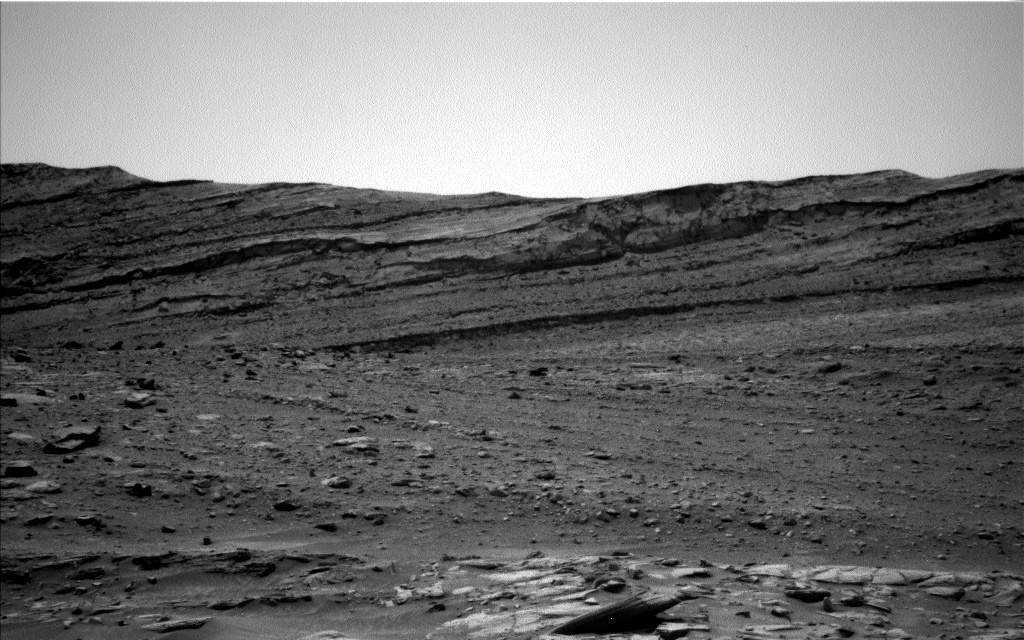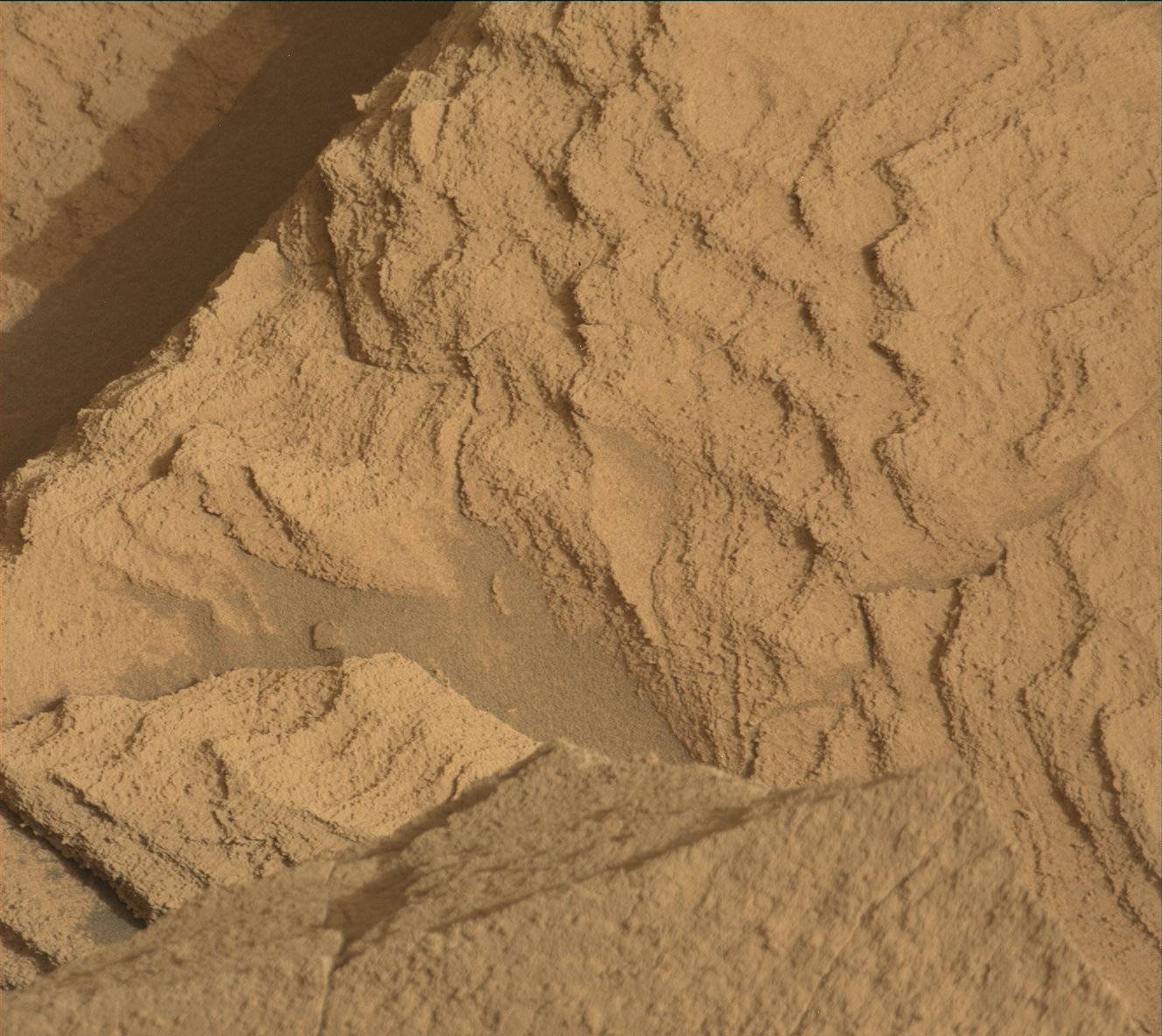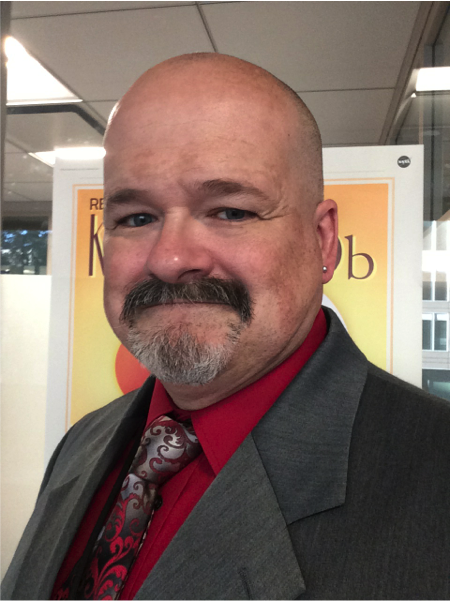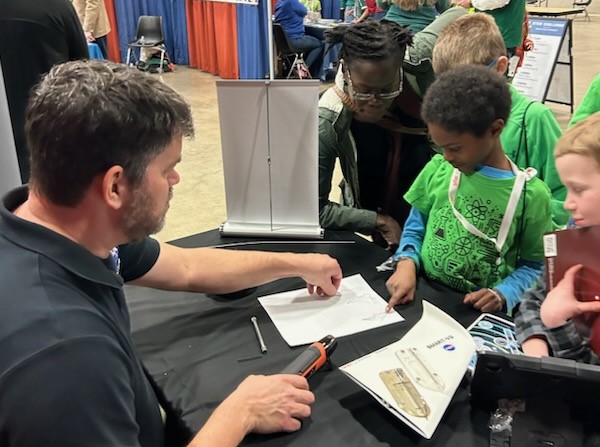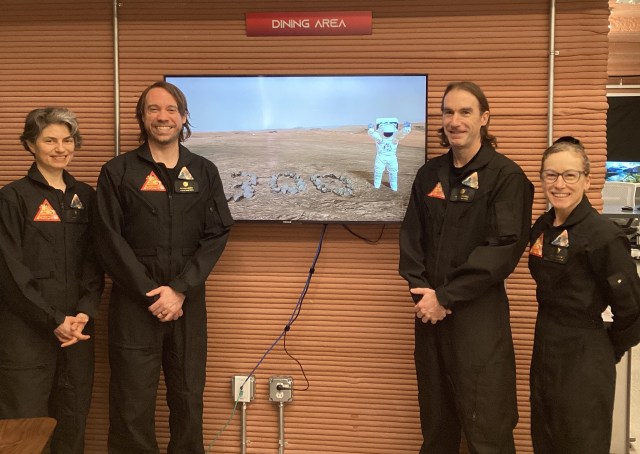In This Week’s Star
- NASA’s Planetary Doctor Prepares to Make Its House Call on Mars
- NASA Lightning Expert Chris Schultz Pursues Lifesaving Research Applications
- Essential to the Mission: Wil Malone
- Marshall Center Director Todd May to Hold All Hands Meeting May 15
- Dan Dumbacher to National Space Club: ‘Learn from the Past, Embrace the Future’
- This Week in NASA History: STS-90 Lands at KSC – May 3, 1998
- Obituaries
NASA’s Planetary Doctor Prepares to Make Its House Call on Mars
By Will Bryan
Do you remember the days when doctors made house calls? One conversation on the phone, and your trusted physician was on his or her way to you, carrying a bag full of instruments to check everything from your pulse and temperature to your reflexes.
Bryan, an ASRC Federal/Analytical Services employee, supports the Office of Strategic Analysis & Communications.
NASA Lightning Expert Chris Schultz Pursues Lifesaving Research Applications
By Rick Smith
NASA researcher Chris Schultz is so zealous about lightning safety, he once argued to call an early halt to a hotly contested baseball game he was taking part in when he saw dangerous storm clouds nearing. Just moments after the field was cleared — many of the players doing so grudgingly — lightning struck close by.
Smith, an ASRC Federal/Analytical Services employee, supports the Office of Strategic Analysis & Communications.
Essential to the Mission: Wil Malone
By Jonathan Deal
For engineers in NASA’s Safety and Mission Assurance Directorate, if something can go wrong when moving spacecraft hardware or during a launch, it’s up to them to find potential problems and prevent them from happening.
Deal, an ASRC Federal/Analytical Services employee and Marshall Star Editor, supports the Office of Strategic Analysis & Communications.
Marshall Center Director Todd May to Hold All Hands Meeting May 15
By Amanda Adams
NASA’s Marshall Space Flight Center team members are encouraged to attend an all-hands meeting with Marshall Center Director Todd May at 10 a.m. May 15 in Morris Auditorium, Building 4200.
Adams, an ASRC Federal/Analytical Services employee, supports the Office of Strategic Analysis & Communications.
Dan Dumbacher to National Space Club: ‘Learn from the Past, Embrace the Future’
Dan Dumbacher, executive director of the American Institute of Aeronautics and Astronautics, discussed the future of space exploration and private enterprise at the National Space Club Huntsville’s breakfast April 25 at the Jackson Center in Huntsville. Dumbacher was NASA Marshall Space Flight Center’s director of Engineering from 2007-11, and NASA’s deputy associate administrator for Exploration Systems Development from 2010-2014. “The Space Launch System, Orion, ground systems and Deep Space Gateway are the foundation for what we need to do to explore deep-space and help build the space economy,” Dumbacher said. “We will have challenges along the way, but we need to stick with it because we will succeed.” The National Space Club promotes the awareness of civilian and military applications for rocketry and astronautics. Participation in its events helps raise money for scholarships and STEM engagement in the community. To learn more about the club, click here. (NASA/MSFC/Emmett Given)
This Week in NASA History: STS-90 Lands at KSC – May 3, 1998
This week in 1998, space shuttle Columbia, mission STS-90, landed at NASA’s Kennedy Space Center following a successful 15-day mission. Columbia’s primary payload was the Neurolab Spacelab module, the final Spacelab mission. Investigations during the Neurolab mission focused on the effects of microgravity on the nervous system, specifically the adaptation of the vestibular system, the central nervous system and the pathways that control the ability to sense location in the absence of gravity. Here, the Neurolab module sits in the orbiter’s cargo bay. The Spacelab missions were managed by NASA’s Marshall Space Flight Center. The NASA History Program is responsible for generating, disseminating and preserving NASA’s remarkable history and providing a comprehensive understanding of the institutional, cultural, social, political, economic, technological and scientific aspects of NASA’s activities in aeronautics and space. For more pictures like this one and to connect to NASA’s history, visit the Marshall History Program’s webpage. (NASA)
Obituaries
Spencer Hill, 68, of Athens, Alabama, died April 26. He began working at the Marshall Center in 2001, where he was still employed as a cost engineer at the time of his death.

